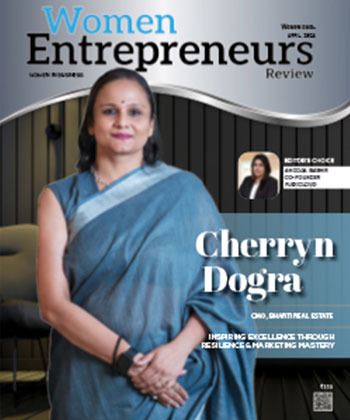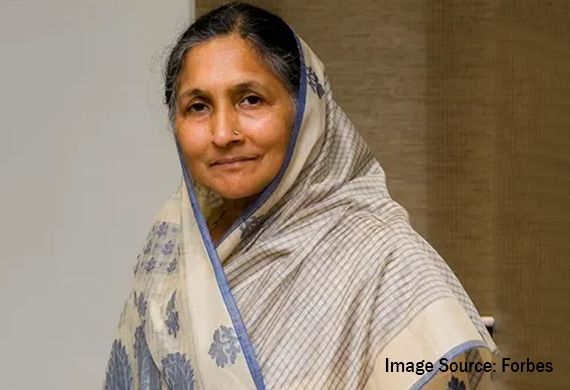
A Mission to make Our Communities 'Anti-Fragile'
By: Kashti Mishra, Communication Head, Sync Energy
Kashti is an Indian author who writes primarily about current environmental and political affairs along with lifestyle blogs.
Every time a disaster strikes anywhere in the world, we think of our forefront fighters. Healthcare personals, firefighters, and others are always present around us to make sure that the communities are at peace. But, we often not pay attention to the technology and methods of communications that they use. These technologies help in saving lives and mitigate risk, in the most effective ways. The world is constantly evolving and with such advancements, a better understanding of the technological betterment also draws in.
According to a report published by the UN Office for the Coordination of Human Affairs, over 100 million people were affected by natural disasters like hurricanes, earthquakes, forest fires, and floods. Apart from this, over 60 million people were displaced due to the aftermath of disasters. When a community is built in a disaster-prone area, it leads to setting up of power-companies for energy supply in adjacency. This induces an amplified risk in the lives of the residents living in these localities.
Our country was fighting a tough war against the COVID-19 outbreak when the unfortunate Cyclone Amphan made landfall in the states situated along the eastern coast of India. Amphan left West Bengal and Odisha in a tragic state. Uprooted trees and poles, flooded streets, and people were stranded with no means of communication. There were a total of 84 deaths that were recorded under this devastating event. These numbers are very concerning and we need better solutions to prevent further damage. We ought to understand and come in terms with the fact that unless utilities in itself become more resilient to such climatic change and disasters, there is always a high rate of uncertain risk hovering over such locations. The repair is awfully expensive and distressing post such disasters.
With a mission to make our communities ‘anti-fragile’ firms have invented patent-pending technology that can predict how much time the common man and electric utility companies, have before a cyclone hits us and knocks the lights out. For electric utility companies, this data is critical - so they can keep their repair crew and inventory at strategic locations, so as to quickly facilitate the repairs and reduce the hours of darkness.
"As a response to these alarming issues, cost-efficient and innovative solutions for providing emergency help to save lives and resources are extremely important"
The same technology can help everyone make plans for storing water, getting candles, emergency lamps, and charge up phones. In the poorest parts of the country, the predicted data can inform NGOs or disaster-relief organizations about how much battery, phone chargers, emergency lamps, will be needed for distributions. It can also help villages and Block Development Offices by delivering a proper plan to supply generators to poor nursing homes and emergency homes in remote areas, and diesel operated pumps to keep their crucial agricultural activities on schedule. This ideology gave birth to a start-up company ‘Sync-Energy’ that is on a journey to make the world a safer and more secure place.
If the roof is to fall on our heads, we need to know when and how - that way we can either fix it or buy the right helmets. The same goes for climate change and the damages it is doing. At the very core, Firms are solving the pain point of electricity disconnection due to disaster events, before the incidents occur. The AI and ML platform seek to make the electric grid anti-fragile and its operators, proactive. Anti-fragility: that’s our theme song for survival in the 21st century. We need to tell ourselves, we are not weak and we will not be wiped away.
As a response to these alarming issues, cost-efficient and innovative solutions for providing emergency help to save lives and resources are extremely important. We need to understand that human lives are precious and we cannot lose them to such natural disasters. Investment in technologies that help us predict such disasters will result in prepared communities. We understand that we cannot fight nature but, with the constant climate crisis and inclination in the frequency of disasters, situational awareness can go a long way in preventing damage to a community and making it anti-fragile in such vulnerable situations.






